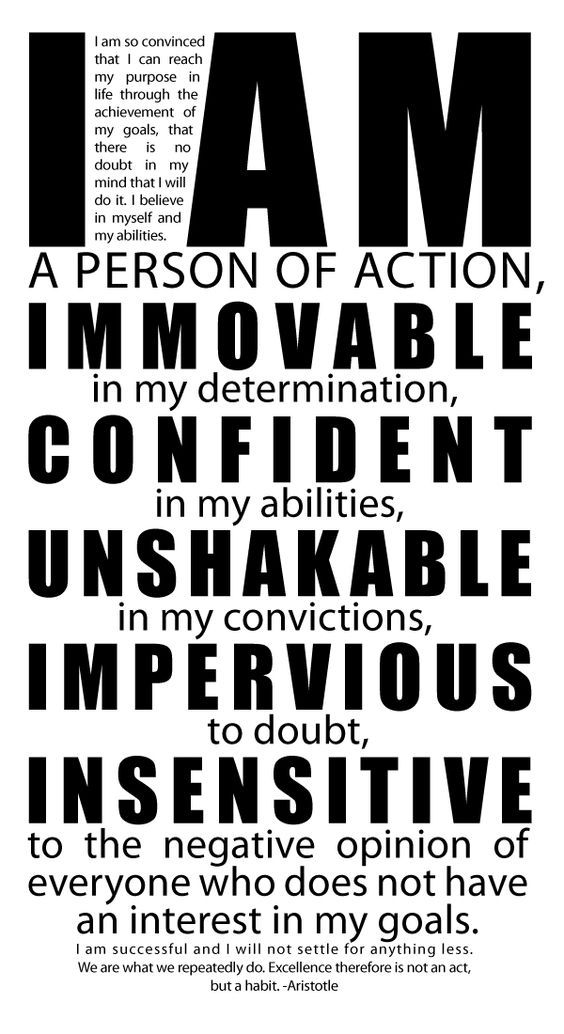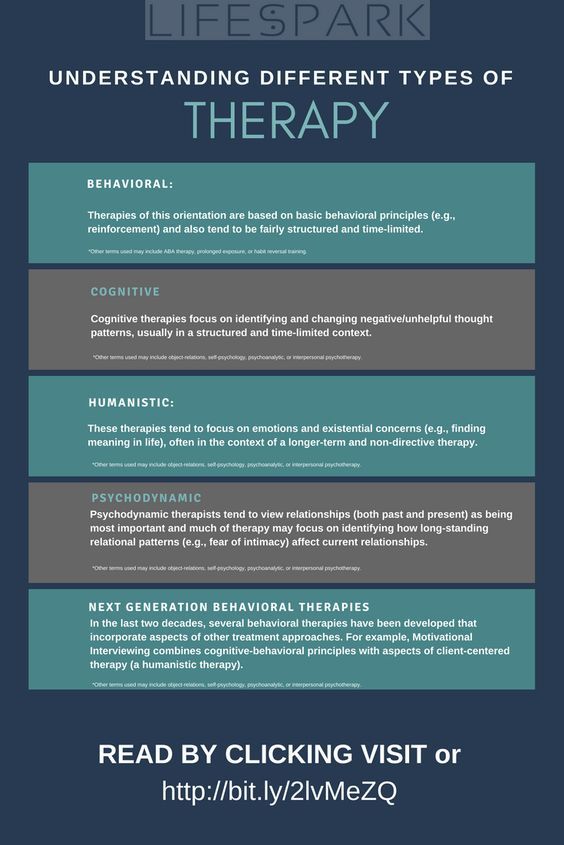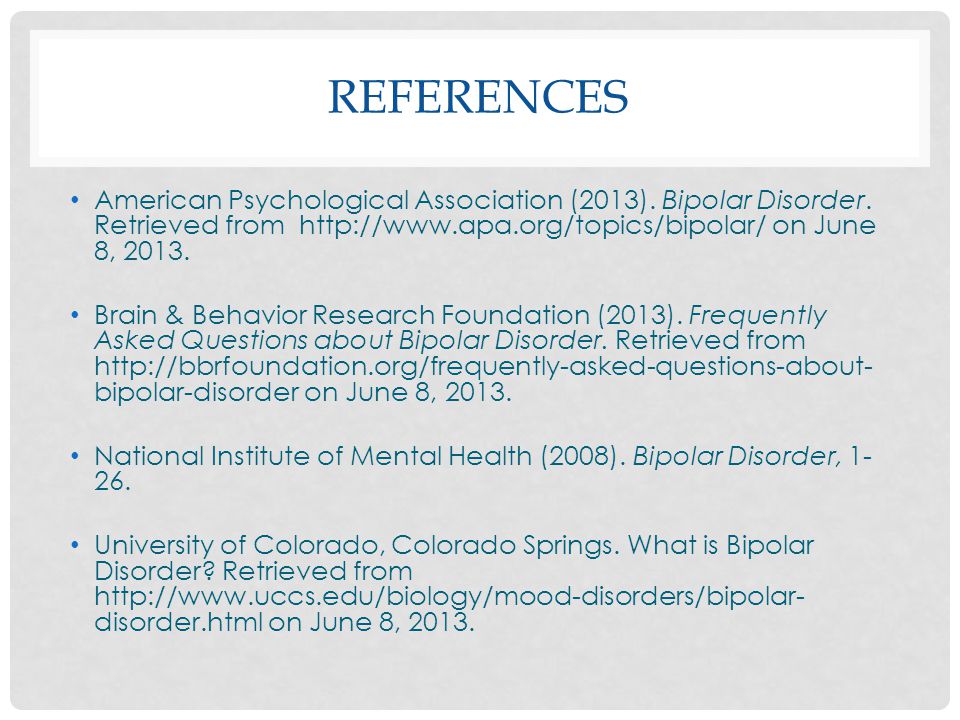Why am i so insensitive
5 Root Causes of Insensitivity
(This content is being used for illustrative purposes only; any person depicted in the content is a model)
Author: Shernide Delva
Do you find it difficult to show sensitivity towards others? You are not alone. In fact, there are common reasons why some people are more insensitive than others. Some people simply lack empathy, and there are a variety of legitimate reasons for this. This article is great for those who feel they are insensitive and great for those who want to understand the insensitive people in their lives.
The reasons for sensitivity range from person to person. Often, sensitive people can lose sight of what is going on in the background of another person’s mind. It is especially difficult to understand those who go against the social contract of common courtesy. Why are people so dang insensitive?
HERE ARE 5 EXPLANATIONS BEHIND INSENSITIVITY
-
BRAIN CHEMISTRY
Every brain is different, therefore it makes sense that brain chemistry could play a role in how sensitive we are. Insensitive people have very different brain chemistry than most. Certain mechanisms within their brain inhibit them from conveying sensitivity.
Often times, insensitive people are not aware of how insensitive they are being. Even if someone pulls them aside and explains that their behavior is unacceptable, the insensitive person will not understand and think the sensitive person is simply “too sensitive,” Clearly, this situation does not ever end well.
-
DIFFERENT THOUGHT PATTERNS
In addition to brain chemistry, thought processes are another main reason why insensitive people act the way they do. Insensitive people are a byproduct of environmental factors. For example, a person who spends a lot of time in the corporate world learns to have aggressive thought patterns. After a while, these thought patterns actually alter one’s brain chemistry. Also, thought patterns can be a product of personal beliefs, religious views and political stances resulting in someone behaving more aggressive and insensitive.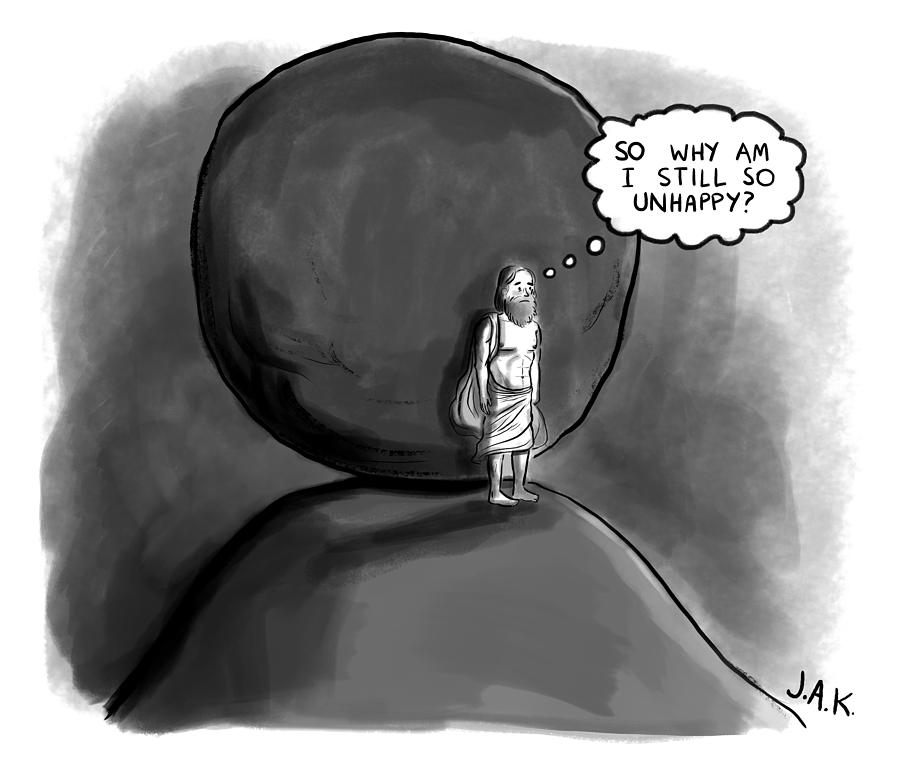
-
ANGER
Sometimes insensitivity is a result of anger. When we are angry, it becomes more difficult to retain a sense of self-control. Of course, lacking self-control increases the chances of saying something insensitive. Anger lowers inhibitions making us more careless of the consequences of our actions. Therefore, it is easy to be insensitive to others. In this state, we can hurt others when they do not deserve such treatment. Insensitive people may be angry inside and are lashing out at others to release their build up of anger.
-
LACK OF SELF ESTEEM
Self-esteem and insecurity often are reasons behind a lot of our actions and emotional outbursts. Some people with insecurity issues can still interact with others without burdening the other person with their self-esteem issues. However, other people degrade others to “make themselves feel better.” The problem with this is that it offers a very short-term “solution” and it also results in pain to the other person. Insensitive people may be fighting insecurity issues so they tend to have a natural desire to put down others. They tend to be more careless about other people’s feelings because they are struggling with their own.
Insensitive people may be fighting insecurity issues so they tend to have a natural desire to put down others. They tend to be more careless about other people’s feelings because they are struggling with their own.
-
STRESS
Oh stress…don’t you love stress? Not. Of course, stress plays a major role in every facet in our lives, including how sensitive we are. When dealing with stressful situations, it can be easy to be insensitive to other people’s situation. After all, our problems usually feel worse than others. Some people simply cannot handle stress in a constructive fashion. Therefore, they elect to deal with their stress by spreading their negative state of mind. Stress is a distraction, and insensitive people are incapable of handling the effects of stress without hurting someone in the process.
Whether you are sensitive or insensitive, we all have the ability to understand each other. The next time someone says something that simply lacks sensitivity, try to consider that there could be more going inside of them. If you or someone you love is struggling with substance abuse or addiction, please call now.
If you or someone you love is struggling with substance abuse or addiction, please call now.
CALL NOW 1-800-951-6135
Tips for Insensitive People | The Healthy
These easy tools can help you boost your emotional intelligence.
iStock/livecal
You don’t pay attention to body language
If you’re oblivious to the reactions of people around you, it could lead to trouble. “Insensitive people tend to be blind to social subtleties and innuendos. They don’t seem to understand that they’re actually insensitive, so they miss the cues that would normally send a message that they should alter their behavior,” says Howard Gurr, PhD, DCC, a psychologist in the New York City area. If it seems like your friends are frequently standoffish after a conversation or are giving you funny looks that seem out of place to you, that could be a sign you’ve said something inappropriate or offensive. Instead of ignoring the looks, try asking them if they’re OK or if you’ve said something wrong. Don’t miss these other easy ways to be nicer to people.
Instead of ignoring the looks, try asking them if they’re OK or if you’ve said something wrong. Don’t miss these other easy ways to be nicer to people.
iStock/michele princigalli
You raise your voice
Take a step back and think about your last few conversations; if you remember doing the majority of the talking, you likely acted insensitively. “Insensitive people resort to standard techniques to get other people to hear them, which is only more of the same and frustrating because it doesn’t work,” says Gurr. Try to pay closer attention to your own behavior during a conversation; any time realize you’ve raised your voice or interrupted others to get your point across, stop yourself and make a mental note to avoid it next time it’s your turn to speak. (Learn how to tell if you’re a bad listener.)
iStock/kupicoo
You aren’t open to other opinions
“Insensitive people are more involved in themselves; they’re threatened by other people’s needs or thoughts because they think their own needs aren’t going to be met,” says Gurr. Remind yourself that your opinion isn’t the only right one. Instead of expressing yourself at all costs, try asking other people what they think about something; this will help keep the conversation a two-way conversation instead of all about you, you, you. Don’t miss these 12 signs you’re dealing with a narcissist.
Remind yourself that your opinion isn’t the only right one. Instead of expressing yourself at all costs, try asking other people what they think about something; this will help keep the conversation a two-way conversation instead of all about you, you, you. Don’t miss these 12 signs you’re dealing with a narcissist.
iStock/julief514
You get defensive
There’s a time and place for getting defensive, but it shouldn’t be something you resort to in every interaction. “People aren’t insensitive because they’re malicious or even purposeful in their intent. They’re just highly anxious about how they’re coming across to other people and are trying to protect themselves,” says Gurr. “They get so caught up in defending themselves they don’t see anything else.” Next time you find yourself explaining something away or defending something you’ve said or done, take a step back and ask yourself if your defensiveness is warranted or misplaced. Instead, try these surprising habits that boost your empathy.
Instead, try these surprising habits that boost your empathy.
iStock/PeopleImages
You can’t remember people’s names
Insensitive people often have trouble remembering new names because they aren’t paying attention in the first place. “During the initial handshake or greeting they are so wrapped up in what they need to say first that they don’t hear the name of the person they’re talking to; it just doesn’t register,” says Gurr. Instead of worrying about what someone new is thinking about you, trust your ability to make a good first impression (and forgetting their name right off the bat isn’t that). Focus less on what your first words will be and let the conversation take its natural flow. Learn how to tell if you’re a conversational narcissist.
iStock/DragonImages
You don’t think (days) before you speak
If you know you’ll be having a particular conversation with a friend, partner, or loved one a few days down the line, it’s a good idea to think about what points you want to get across ahead of time. This will help you choose the right words and act in a way that won’t hurt feelings. (Use these magic phrases to make any conversation less awkward.)
This will help you choose the right words and act in a way that won’t hurt feelings. (Use these magic phrases to make any conversation less awkward.)
iStock/AJ_Watt
You ignore the “Golden Rule”
“Do unto others as you would have others do unto you” is perhaps the simplest way to reign in your insensitivity. If a comment comes to mind that you wouldn’t want someone else to say to you, don’t say it. Here’s how to give constructive criticism without hurting anyone’s feelings.
iStock/George Clerk
You don’t notice the faces around you
A good clue that you’re monopolizing the conversation and being insensitive to your friend’s thoughts and feelings is if they start to look bored, uninterested, uneasy, or try to change the subject. “A speaker who is insensitive doesn’t recognize those signals, they just keep going and aren’t focused at all on the person they’re talking to,” says Gurr. Look your friend in the eye while you’re talking and try to remain aware and in the moment instead of zoning out. Check out these other things good listeners always do in conversations.
Look your friend in the eye while you’re talking and try to remain aware and in the moment instead of zoning out. Check out these other things good listeners always do in conversations.
iStock/Johnny Greig
You can’t control your attitude
If you always need to have the last word, you may resort to aggressive speaking or get angry to achieve it. “Learn to say things in a way that you get your point across but don’t hurt someone else in the process,” says Gurr. Zero in on the types of words you use and tone of your voice when speaking, especially with something you feel passionate about. (Here’s how to win an argument with someone who thinks they’re always right.)
iStock/StudioThreeDots
You don’t act present
Being in the moment can help you determine what comments or actions are actually necessary and help you avoid saying or doing whatever’s on your mind. It’s OK to think before you speak instead of reacting immediately. Consider what feedback, input, and guidance will add value to the conversation or task at hand, according to Jill Tomac, founder of the Leadership Resource Group on mariashriver.com. Here are 11 more easy ways to be mindful every day.
It’s OK to think before you speak instead of reacting immediately. Consider what feedback, input, and guidance will add value to the conversation or task at hand, according to Jill Tomac, founder of the Leadership Resource Group on mariashriver.com. Here are 11 more easy ways to be mindful every day.
Originally Published: February 16, 2018
Alyssa Jung
Alyssa Jung is a writer and editor with extensive experience creating health and wellness content that resonates with readers. She freelanced for local publications in Upstate New York and spent three years as a newspaper reporter before moving to New York City to pursue a career in magazines. She is currently Senior Associate Editor at Prevention magazine and a contributor to Prevention.com. Previously she worked at Reader's Digest as an editor, writer, and health fact checker.
"I don't care": what is emotional insensitivity
83,880
Know Yourself
Almost everyone experiences periods of emotional insensitivity.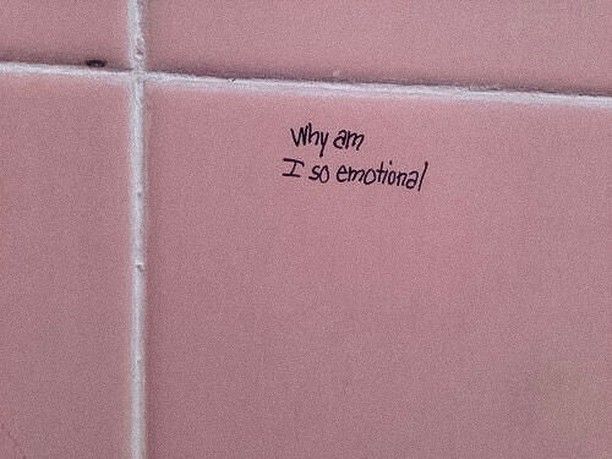 At some point, the brain simply turns off part of the functions, and we live purely mechanically. This is neither good nor bad. Different people perceive the same events differently. We are not connected to a single control center, which means we cannot respond to what is happening in the same way. An emotionally insensitive person seems to become numb and becomes indifferent to everything, including situations that previously evoked a lively response.
At some point, the brain simply turns off part of the functions, and we live purely mechanically. This is neither good nor bad. Different people perceive the same events differently. We are not connected to a single control center, which means we cannot respond to what is happening in the same way. An emotionally insensitive person seems to become numb and becomes indifferent to everything, including situations that previously evoked a lively response.
What is emotional insensitivity
Emotions are an integral part of human life. They guide our desires and actions, make us strive for more and be proud of our achievements, sad, angry, upset, surprised, love. Each emotion has many shades that make up a colorful picture of life experience.
Emotional insensitivity is not just indifference, it deprives the ability to perceive the external world and evaluate everything that happens around. It does not allow to work, communicate and live normally. Hobbies, interests, relationships with people become insipid and unnecessary, because there are no emotions: a person does not want to do something that does not bring joy or pleasure. Why make meaningless moves?
Why make meaningless moves?
Responsibilities are another matter, they must be fulfilled, otherwise you will sink to the bottom. And everything beyond that - meetings with friends, entertainment, hobbies, creative impulses - is tied to emotions and desires.
Many people mistake insensitivity as a life-saving coping mechanism. This is not true. It really helps to turn off your emotions from time to time to focus on important tasks, as being too hot will only hurt. Another thing is bad: we too often forget to go back and mentally live through a difficult situation. Residual emotions accumulate inside and sooner or later make themselves felt.
The habit of suppressing emotions in order to close oneself off from any unpleasant feelings is called avoidance, and this is not the best defense mechanism. Protracted insensitivity indicates serious violations, in such cases it is necessary to contact a specialist. Here are a few signs to look out for:
- loss of interest in social activities;
- feeling of uselessness and detachment;
- emotional and physical exhaustion, loss of strength;
- complete indifference, neither positive nor negative emotions;
- general lethargy, difficulty in daily activities;
- inability to think deeply and perceive complex information;
- difficulties in expressing feelings in words and explaining them to others;
- the desire to shut up at home and not meet anyone.
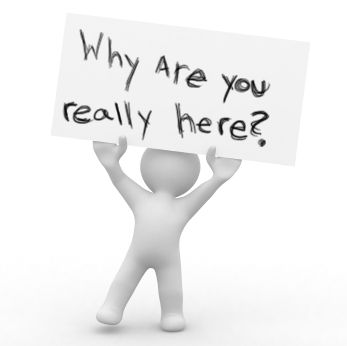
Causes of emotional insensitivity
Most often this condition occurs in response to constant pain, physical or mental. A person who has to endure torment involuntarily tries to drown out emotions, and then it becomes easier for him. It helps at first, but the problem only gets worse as time goes by. The trouble is that the wall is getting higher and denser, and over time there is no gap left in it, where at least some emotions, positive or negative, could penetrate.
The path will be closed until we think of cutting through the door.
Among the most likely causes are psychological problems, including:
- depression;
- psychological and physical abuse;
- chemical addiction;
- stress;
- grief;
- traumatic experience and post-traumatic disorder;
- anxiety or anxiety disorder.
Emotional insensitivity often develops after shocks, especially in people who have been bullied for a long time by abusive parents or partners.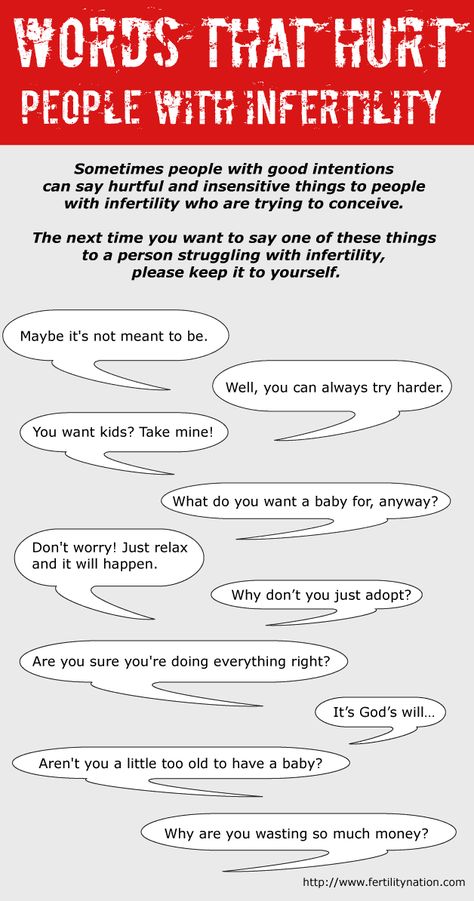 As a rule, victims of violence cannot influence what happens to them, and therefore close in on themselves, because this is the only available way of protection. Difficult experiences come back again and again: even when everything ends, a person tries to avoid situations, conversations and sensations that remind him of the past.
As a rule, victims of violence cannot influence what happens to them, and therefore close in on themselves, because this is the only available way of protection. Difficult experiences come back again and again: even when everything ends, a person tries to avoid situations, conversations and sensations that remind him of the past.
In anxious people, emotional insensitivity is triggered as a kind of compensatory mechanism that allows reducing a high level of stress to tolerable level. In addition, certain medications can cause it. This side effect is observed in almost all psychotropic drugs.
How it is treated
There is no universal remedy for emotional insensitivity, each case is individual. Friends, relatives, support groups will not be able to help with all their desire, because they do not know how. The best way out is to consult a psychologist. He can determine the root causes and work through this condition together with the patient.
One should not expect an instant result: the boxes where unlived emotions are hidden should be opened carefully, rethinking each situation.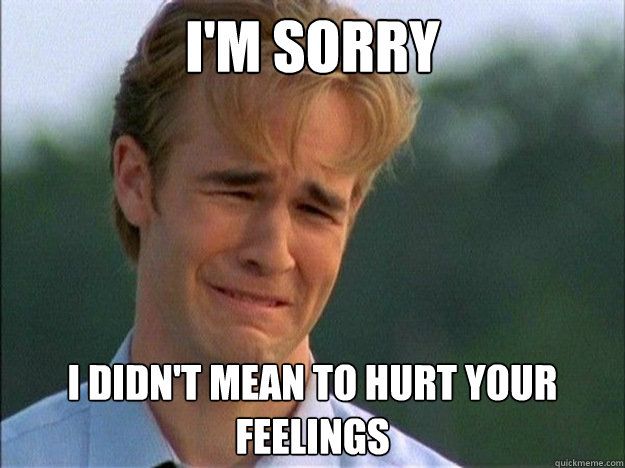 If everything is done correctly, the ability to feel is gradually restored. The two most common approaches to treating emotional insensitivity are:
If everything is done correctly, the ability to feel is gradually restored. The two most common approaches to treating emotional insensitivity are:
Acceptance and Responsibility Therapy. Focuses on the development of awareness, the ability to recognize and interpret emotional experience "as is". The patient learns to recognize his own destructive reactions and replace them with constructive ones.
Cognitive behavioral therapy. Pays more attention to developing the ability to understand and express emotions. The patient learns to consciously replace negative attitudes with positive ones. In addition, the method helps to thoughtfully evaluate different situations and choose the right emotional response.
Insensitivity is not always explained by dramatic events. It often develops in those who live in constant stress and work to the limit. In this case, psychologists recommend reconsidering the way of life.
How to maintain psychological balance
Emotional insensitivity can be prevented by following a few simple rules.
1. Exercise
Sports activities are the best remedy for emotional insensitivity. When we actively move, the brain produces endorphins, which improves mood and causes a surge of energy. Just twenty minutes a day can go a long way in improving mental health.
2. Practice good sleep hygiene
Quality sleep works wonders. You just need to create conditions for him: a comfortable bed, a dark room, no smartphones in bed and not staying up late.
3. Watch your nutrition
Food is a vital fuel for the body. This is an ideal car, but if you fill it with anything, it will certainly fail. If you replace harmful foods with healthy ones and eat when you really want to, your health will soon improve.
4. Reduce stress
Most insensitive people have many unresolved problems. They accumulate gradually and turn into an unbearable burden. In the end, the brain simply cannot withstand the overload and goes into a limited mode. To prevent this from happening, it is critically important to rest and restore your resources.
To prevent this from happening, it is critically important to rest and restore your resources.
5. Learn to recognize, express and live emotions
Those who have been indifferent to everything for a long time simply forget what it means to feel and respond to impressions, because unclaimed skills become dull over time. It could be worse. People who were abused as children don't know what emotions are because they weren't allowed to experience them. Fortunately, emotional intelligence can be developed.
6. Look for those who are ready to support you
It's good to have friends and relatives nearby who are ready to help in difficult times. Sometimes just talking heart to heart is enough to make it clear what to do next. But if there is no one to trust, look for support groups, go to a therapist, just don't be alone.
Emotional insensitivity does not go away on its own, the path to recovery is long and difficult. You will have to change yourself and change your relationship with the outside world. But you will definitely make it. After all, this is done in order to restore the taste of life again.
But you will definitely make it. After all, this is done in order to restore the taste of life again.
Text: Elena Anisimova Photo Source: Getty Images
New on the site
"I'm afraid of looking stupid in the eyes of others - this fear prevents me from changing profession"
At what age are we most sexually active: a new international study
"Depression is indicator of weakness”: 10 main misconceptions about mental illness
How to recognize approaching menopause: 7 first signs
“To live in a foreign country, you have to love something very much in it”: Russian emigrants who left and did not return
Top 9 Ways to “Take Out” Reality 2022: Checked by Psychologies.ru Editor
Early Menopause: How to Accept Your New Condition
“I lost my beloved husband and I suffer a lot. How to relieve your pain?
"I'm afraid of my own insensitivity" | PSYCHOLOGIES
50,084
Question for an expert A man among men Know thyself
More and more I notice my insensitivity and indifference. When my uncle's wife, with whom we were close, died, I did not cry. She only thought about how much he would have to do now and that their children would grow up early. I was ashamed of myself, but no matter how hard I tried to bring tears to my memories, nothing worked. Yesterday my uncle himself died, and again I remained indifferent, crying only when I saw him before his death. I only think about how I should look sad in front of others. What kind of monster am I?.. And I am indifferent to children. I can smile when I look at them, but the desire to squeeze and lisp with them never arises. At the same time, I love pets very much, I always want to take them in my arms and play. Remembering my dead puppy, sometimes I still cry. Isn't that normal? What should I do?
When my uncle's wife, with whom we were close, died, I did not cry. She only thought about how much he would have to do now and that their children would grow up early. I was ashamed of myself, but no matter how hard I tried to bring tears to my memories, nothing worked. Yesterday my uncle himself died, and again I remained indifferent, crying only when I saw him before his death. I only think about how I should look sad in front of others. What kind of monster am I?.. And I am indifferent to children. I can smile when I look at them, but the desire to squeeze and lisp with them never arises. At the same time, I love pets very much, I always want to take them in my arms and play. Remembering my dead puppy, sometimes I still cry. Isn't that normal? What should I do?
Madina, 18 years old
Madina, in both cases that you described, your reaction to the loss of relatives was quite normal. This is how your psychic defense works, and in the second case, you still cried, no matter when - before or after the death of your uncle.
Indifference to children at your age is natural: you are still too young, you now have other tasks in life. Besides, we are talking about other people's children. It happens that a person loves his own child deeply, while other children do not cause any emotions at all. This may be due to the fact that you were an only child or, conversely, grew up in a large family (tired of children and caring for them could occur).
You evaluate yourself as a "monster" because you have expectations of how you should experience the death of relatives: suffer, cry - but in reality everyone reacts differently. It doesn't necessarily mean that something is wrong with you. You love animals, which means you have feelings, interest, emotional reactions.
In general, emotional numbness can be a sign of PTSD (post-traumatic stress disorder) and other disorders. This state can also be called a survival strategy: it can be a reaction to traumatic events - sexual or physical abuse.
It happens that during emotional numbness a person experiences a feeling of being cut off from his body, from his thoughts (dissociation), from the outside world (derealization), feels like a stranger in his own life (depersonalization), his perception of his own body changes, he loses control over what he says and does cannot enjoy.